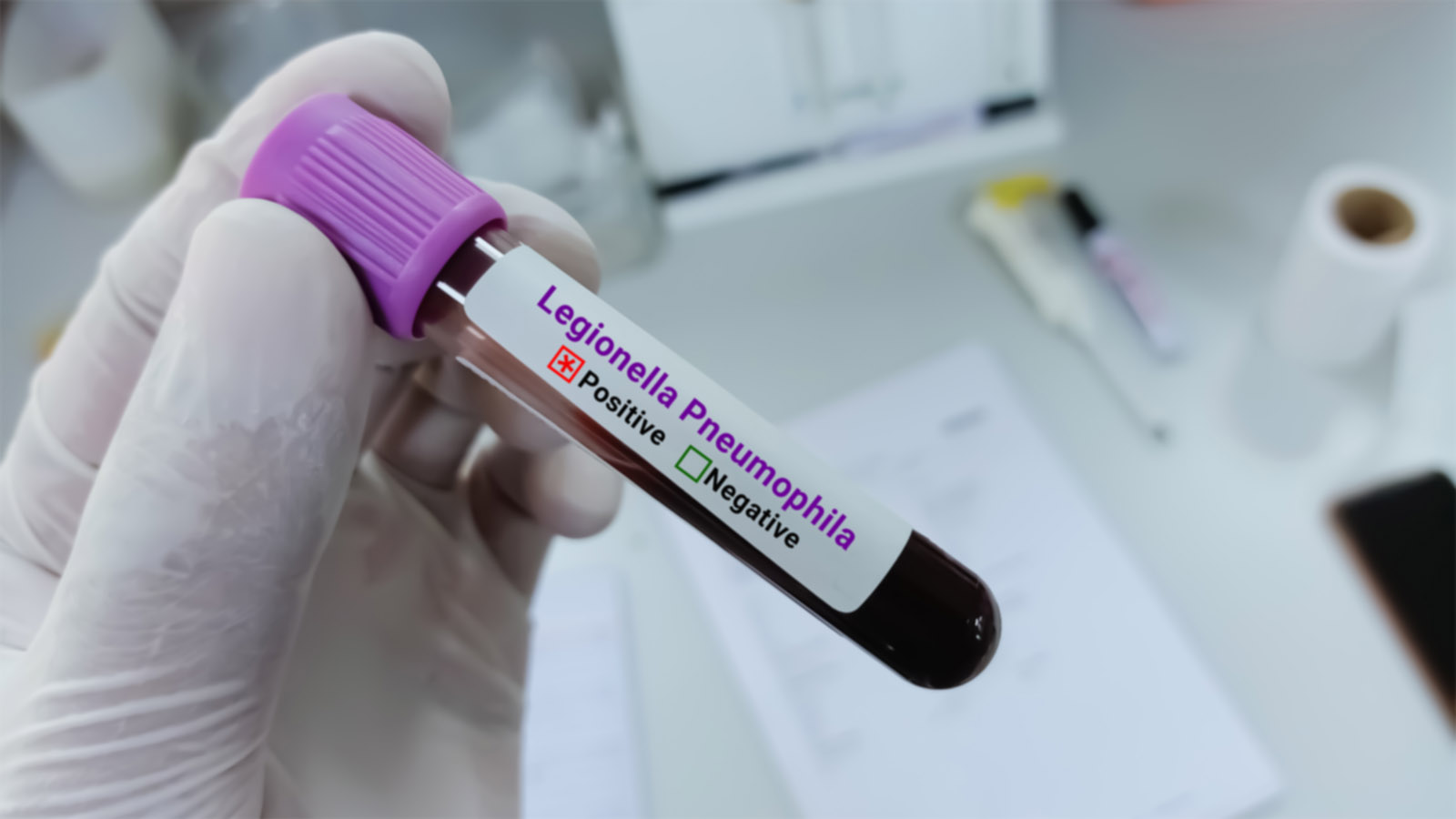11 Times Using ChatGPT Could Land You in Hot Water!

Did you know that your next interaction with ChatGPT might not only be unhelpful but could actually put you in serious trouble? It's true! While AI tools like ChatGPT are revolutionizing the way we brainstorm ideas and plan our lives, they also come with some major caveats that many users overlook.
AI chatbots are everywhere these days, garnering attention for their ability to help with everything from drafting emails to answering complex queries. But as useful as they can be for everyday tasks, the reality is that they aren’t infallible. ChatGPT, a large language model (LLM), has gained immense popularity for its capacity to assist with various tasks; however, it can also exude misplaced confidence—sometimes providing incorrect or outdated information. This is particularly concerning when stakes are high, such as in financial, legal, or health-related matters.
So, how can you navigate the minefield of AI assistance without stepping on a landmine? Knowing when to trust ChatGPT—and when to steer clear—is crucial. Here are 11 specific scenarios where turning to an AI chatbot might do more harm than good.
1. Diagnosing Physical Health Issues
We've all been there, Googling our symptoms and getting lost in a web of potential diagnoses that range from annoying allergies to life-threatening conditions. I once asked ChatGPT about a lump on my chest, and it sent me into a spiral of panic by suggesting cancer as a possibility. Thankfully, my doctor diagnosed it as a benign lipoma—but that’s a risk you take when you rely on AI for health questions. ChatGPT can assist in drafting questions for your doctor or translating medical jargon, but it can’t replace a licensed professional.
2. Taking Care of Your Mental Health
Sure, ChatGPT can suggest mindfulness techniques, but if you’re in a real mental health crisis, don’t expect it to pick up the phone. Some users might find it mildly helpful for processing grief, but a human therapist offers the empathy and nuanced understanding necessary for deeper healing. Relying on an AI for such serious matters can lead to missteps that do more harm than good.
3. Making Immediate Safety Decisions
Imagine this: the carbon monoxide alarm goes off in your home. Do you really want to spend precious seconds typing questions into ChatGPT? In an emergency, it’s all about action—get out and call for help first. An AI chatbot can't detect danger; it can only respond to the information fed into it.
4. Personalized Financial or Tax Planning
Ever tried plugging your complex financial situation into ChatGPT? While it can explain what an ETF is, it doesn’t know your unique financial landscape, making its advice potentially outdated or misleading. When your hard-earned money is on the line, it’s wiser to consult a qualified professional who can navigate the intricacies of tax laws.
5. Dealing with Confidential or Regulated Data
As a tech journalist, I’m wary of sharing sensitive information with any AI. Inputting confidential details into ChatGPT can risk your privacy, as it could end up on a third-party server. Whether it’s client contracts or personal data, always think twice before sharing.
6. Doing Anything Illegal
This one is straightforward. Please don’t ask AI for guidance on unlawful activities!
7. Cheating on Schoolwork
With the rise of AI, the temptation to cheat has grown tremendously. While some consider using ChatGPT as a study aid, it’s essential to remember that relying on it to write your essays can lead to serious academic consequences. Cheating may seem easier, but it undermines your education.
8. Monitoring Information and Breaking News
ChatGPT can fetch web pages and real-time updates, but it doesn’t update itself automatically. For the latest news, sticking to reliable news sources and alerts is your best bet.
9. Gambling
Having some luck with ChatGPT in betting? That’s great, but I wouldn’t use it as my go-to source. Relying on AI for gambling advice can lead to poor decisions, especially when the odds can change rapidly.
10. Drafting a Will or Other Legally Binding Contracts
ChatGPT can provide a starting point for understanding legal concepts, but drafting legally binding documents is a job for a trained attorney. The wrong wording can invalidate your will or contract, so it’s best to let the experts handle it.
11. Making Art
This might be a controversial take, but I believe that creating art should come from a human experience. While AI can assist in the creative process, using it to produce final pieces that you claim as your own feels disingenuous.
In conclusion, while ChatGPT and similar AI tools are undeniably powerful and useful, it’s vital to understand their limitations. Knowing when to embrace technology and when to consult a real-life expert is crucial for navigating the complexities of our lives.





























